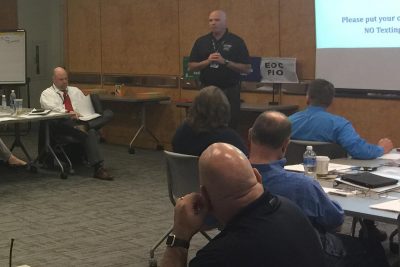 Here is a list of UConn Health programs scheduled for September and early October 2017. This information will be updated with any additions or other schedule changes. (Updated 9/18)
Here is a list of UConn Health programs scheduled for September and early October 2017. This information will be updated with any additions or other schedule changes. (Updated 9/18)
Living Well With Epilepsy: A Support Group for Young Adults
Saturday, Sept. 2, noon to 1:30 p.m., UConn Health Outpatient Pavilion, 2nd Floor, Large Conference Room S2010
The Epilepsy Foundation of Connecticut, in partnership with the UConn Health Department of Neurology, offers a support group for young adults who live with epilepsy. This group is open to those aged 18 to 30 who would like to join others to share experience, gain peer support, and learn together about epilepsy and overcoming its challenges to live well. The group generally meets on the first Saturday of the month. Please call 860-346-1924 or email manzelone.efct@sbcglobal.net for more information.
Bladder Cancer Support Group
Saturday, Sept. 2, 2 to 3 p.m., UConn Health, Onyiuke Dining Room
Patients, family members and caregivers (not limited to UConn Health patients) are invited to join others whose lives have been touched by bladder cancer. This support group, established in partnership with the Bladder Cancer Advocacy Network, usually meets on the first Saturday of the month and is the only group of its kind in New England. Call 888-901-BCAN for more information.
UConn Health Epilepsy Support Group
Wednesday, Sept. 6, 6:30 to 8 p.m., UConn Health Outpatient Pavilion, 2nd Floor, Large Conference Room S2010
The UConn Health Department of Neurology invites those with epilepsy to a monthly group meeting surrounding life with epilepsy. Discussion topics include coping methods, support systems, and resources. The group generally meets on the first Wednesday of the month. Please call 860-679-3186 for more information.
Free Hospital Maternity Tours
Saturday, Sept. 9, 2 p.m., UConn Health, University Tower lobby
A representative will guide you through labor and delivery, postpartum, and the nursery at the UConn John Dempsey Hospital. Children and grandparents are welcome. Call 800-535-6232 to register or for more information.
Childbirth Preparation Class
Wednesday, Sept. 13, 6 to 10 p.m., UConn Health Outpatient Pavilion, 3rd floor conference room S3301
This one-day class covers anatomy and physiology of pregnancy and labor, emotions of pregnancy, nutrition, fetal growth and development, comfort measures for labor, working with unexpected events in labor, cesarean delivery, and practice of relaxation and breathing techniques for labor. Class size is limited to eight couples. Remember to bring two pillows and wear comfortable clothing. Light snack is provided. Fee is $100. Call 800-535-6232 or 860-679-7692 to register or for more information.
Celiac Disease Nutrition Class
Monday, Sept. 18, 8 to 9 a.m., UConn Health Outpatient Pavilion
A registered dietitian leads a discussion for those with celiac disease or non-celiac gluten sensitivity. This program now is scheduled to meet the third Monday of the month. A physician’s referral is required. Fee is $20. Call 860-679-3245 more information.
New 6-week “Ready to Lose” Weight Management Program Starts
Tuesday, Sept. 19, 5 to 6 p.m., UConn Health Outpatient Pavilion, 2nd floor east
The introductory session is followed by five weekly sessions through Tuesday, Oct. 24, that include a weigh-in, discussion of progress, and a timely nutrition topic such as eating out strategies, cooking light and right, emotional eating, exercise and activity, and smart shopping. Registration fee is $70, $50 for past participants. Call 800-535-6232 or 860-679-7692 for more information.
Breast-feeding Class
Wednesday, Sept. 20, 7 to 9 p.m., UConn Health Outpatient Pavilion, 3rd floor conference room S3301
A certified lactation consultant leads a discussion of topics including the benefits of breast-feeding, how to get started, and how the rest of the family can help the breast-feeding mother as well as how to continue breast-feeding and working. Fee is $25 per couple. Call 800-535-6232 to register or for more information.
Living With Heart Disease Meeting
Thursday, Sept. 21, 11 a.m. to noon, UConn Health, University Tower, 2nd floor conference room
Men and women affected by heart disease meet on the third Thursday of the month to discuss post-diagnosis topics such as prevention and wellness, social and emotional support, heart-healthy recipes, coping strategies and resources. Please call Sue at 860-679-3633 for more information.
Breast Cancer Support Group
Thursday, Sept. 21, 7 to 8 p.m., UConn Health, Onyiuke Dining Room
This is a support group intended for women under the age of 45 who’ve been diagnosed with non-metastatic breast cancer. Women at any point in their cancer survivorship journey are welcome. Meetings are the third Thursday of the month. To register or more information, call 860-679-7820 or email tillinghast@uchc.edu.
Infertility Peer Support Group
Thursday, Sept. 21, 7 p.m., Center for Advanced Reproductive Services, 2 Batterson Park Road, Farmington.
The Greater Hartford chapter of RESOLVE, a national nonprofit resource for those facing the challenges of infertility, offers support, information and confidential, informal, peer-led discussions on the third Thursday of the month. To learn more or to check for weather-related cancellation, call 860-523-8337.
Free Workshop: “Things to Consider Before Joining a Research Study”
Monday, Sept. 25, 5 p.m., UConn Health, Onyiuke Dining Room
The UConn Health Human Subjects Protection Office offers an educational session about the rights and responsibilities of participants in research projects on the last Monday of the month. Registration is required: 860-679-8802 or cagganello@uchc.edu.
Stroke Survivor Group
Wednesday, Sept. 27, noon to 1 p.m., UConn Health Outpatient Pavilion, 3rd floor
The UConn Health Stroke Center invites stroke survivors, families and caregivers to a monthly group meeting to discuss topics such as prevention, coping methods, support systems, rehabilitation tips, resources, and promoting independence. The Stroke Survivor Group generally meets on the fourth Wednesday of the month. Call 860-679-4846 for more information.
Free Hospital Maternity Tours
Saturday, Sept. 30, 2 p.m., UConn Health, University Tower lobby
A representative will guide you through labor and delivery, postpartum, and the nursery at the UConn John Dempsey Hospital. Children and grandparents are welcome. Call 800-535-6232 to register or for more information.
UConn Health Epilepsy Support Group
Wednesday, Oct. 4, 6:30 to 8 p.m., UConn Health Outpatient Pavilion, 2nd Floor, Large Conference Room S2010
The UConn Health Department of Neurology invites those with epilepsy to a monthly group meeting surrounding life with epilepsy. Discussion topics include coping methods, support systems, and resources. The group generally will meet on the first Wednesday of the month. Please call 860-679-3186 for more information.
(Updated 9/18–Rescheduled to Oct. 25)
Childbirth Preparation Class
Saturday, Oct. 7, 8:30 a.m. to 12:30 p.m., UConn Health Outpatient Pavilion, 3rd floor conference room S3301
This one-day class covers anatomy and physiology of pregnancy and labor, emotions of pregnancy, nutrition, fetal growth and development, comfort measures for labor, working with unexpected events in labor, cesarean delivery, and practice of relaxation and breathing techniques for labor. Class size is limited to eight couples. Remember to bring two pillows and wear comfortable clothing. Light snack is provided. Fee is $100. Call 800-535-6232 or 860-679-7692 to register or for more information.
Living Well With Epilepsy: A Support Group for Young Adults
Saturday, Oct. 7, noon to 1:30 p.m., UConn Health Outpatient Pavilion, 2nd Floor, Large Conference Room S2010
The Epilepsy Foundation of Connecticut, in partnership with the UConn Health Department of Neurology, offers a support group for young adults who live with epilepsy. This group is open to those aged 18 to 30 who would like to join others to share experience, gain peer support, and learn together about epilepsy and overcoming its challenges to live well. The group generally meets on the first Saturday of the month. Please call 860-346-1924 or email manzelone.efct@sbcglobal.net for more information.
Bladder Cancer Support Group
Saturday, Oct. 7, 2 to 3 p.m., UConn Health, Onyiuke Dining Room
Patients, family members and caregivers (not limited to UConn Health patients) are invited to join others whose lives have been touched by bladder cancer. This support group, established in partnership with the Bladder Cancer Advocacy Network, usually meets on the first Saturday of the month and is the only group of its kind in New England. Call 888-901-BCAN for more information.
Directions to UConn Health are available at http://bit.ly/get2uch.


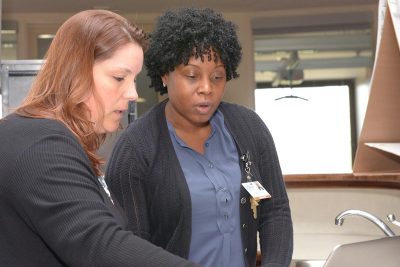

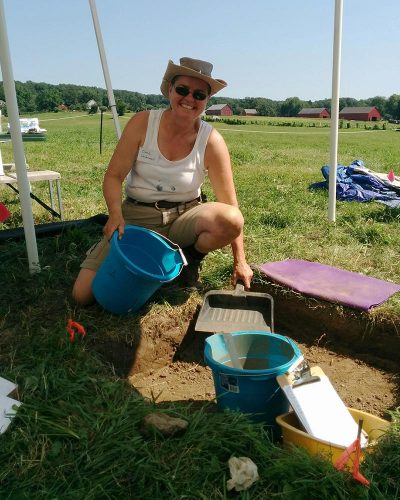
 Favorite musician:
Favorite musician: Here is a list of UConn Health programs scheduled for September and early October 2017. This information will be updated with any additions or other schedule changes.
Here is a list of UConn Health programs scheduled for September and early October 2017. This information will be updated with any additions or other schedule changes. 
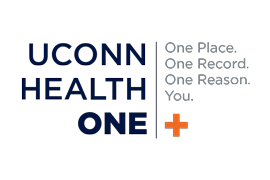
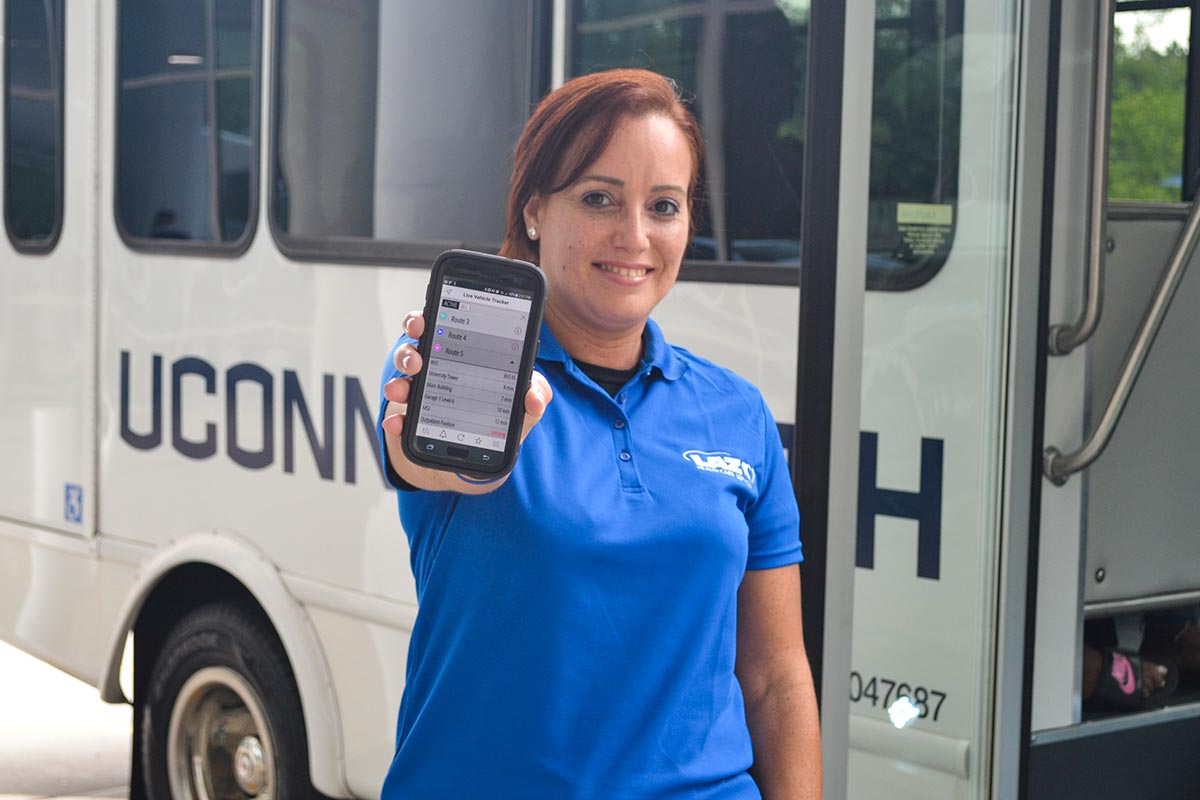
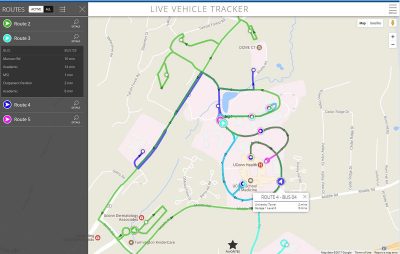
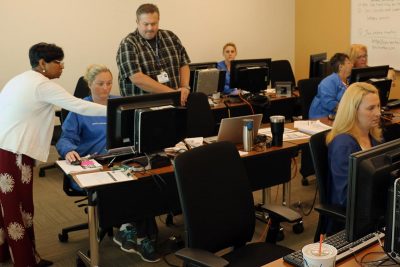
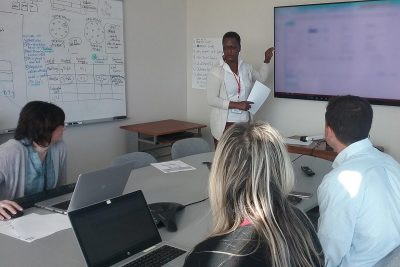
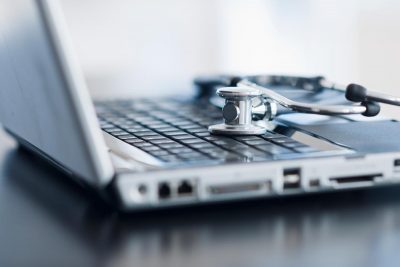
 Here is a list of UConn Health programs scheduled for August and early September 2017. This information will be updated with any additions or other schedule changes.
Here is a list of UConn Health programs scheduled for August and early September 2017. This information will be updated with any additions or other schedule changes. 